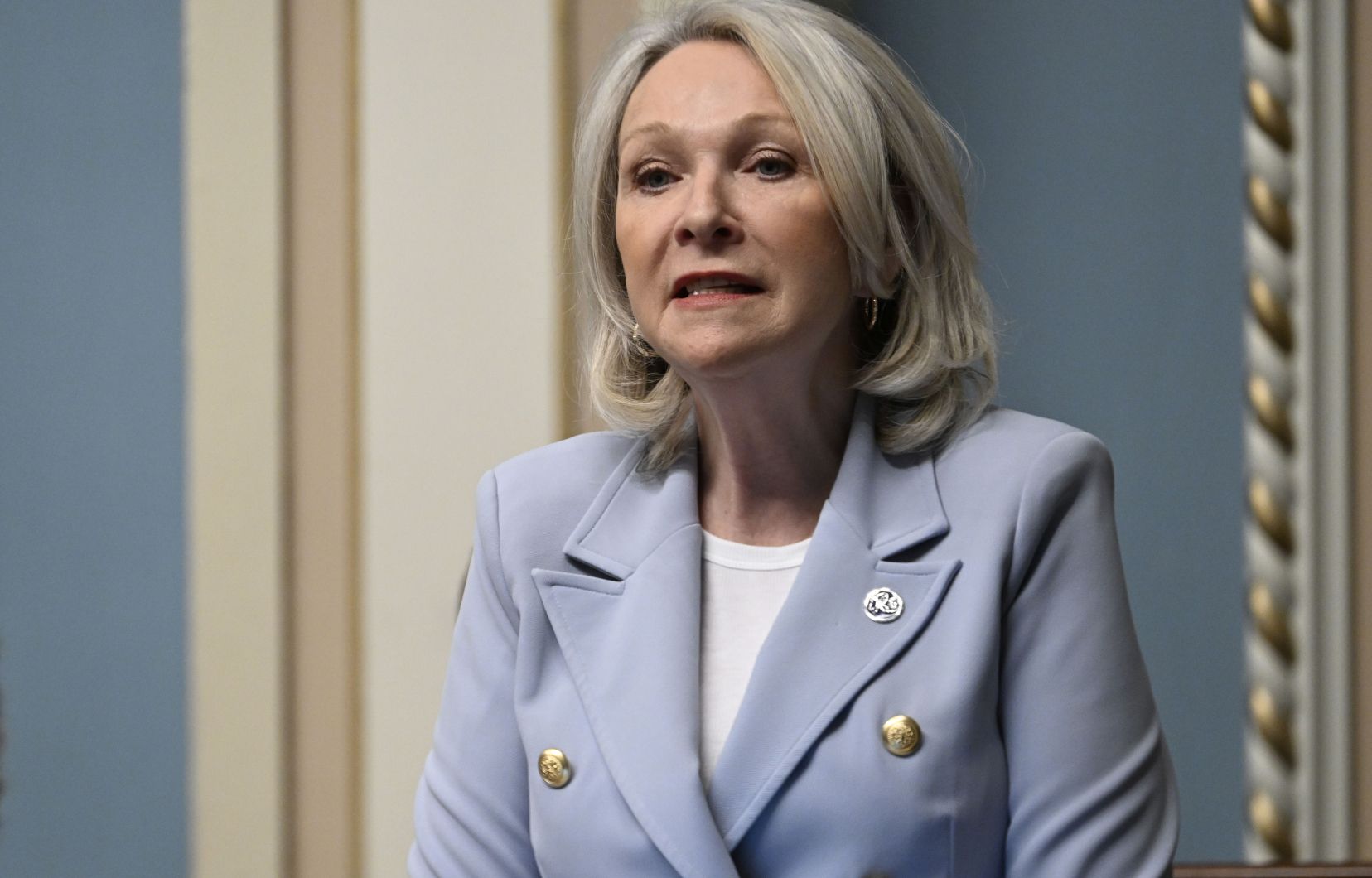Even though many doctors say they are still “hesitant” to accept advance requests for medical assistance in dying, Quebecers who are preparing to require end-of-life care do not have to fear finding themselves facing an empty chair in the doctor’s office, assures the Minister responsible for Seniors, Sonia Bélanger.
“There are enough doctors to meet the needs of people who might want to move forward with an advance request,” stressed the elected official, who in 2023 led the amendments to the Act respecting end-of-life care, during a press scrum held Wednesday with her colleague at Justice, Simon Jolin-Barrette. She quoted the words of Doctor Michel A. Bureau, president of the Commission on end-of-life care.
On October 30, it will be possible for Quebecers suffering from “serious and incurable” illnesses—such as Alzheimer’s, for example—to file advance requests for medical assistance in dying. As confirmed Wednesday morning by Attorney General Simon Jolin-Barrette, the state will not initiate proceedings against the professionals who administer it, even though advance requests are not regulated by the Canadian Criminal Code.
On Wednesday, however, the Federation of General Practitioners of Quebec (FMOQ) indicated in a statement to Duty that several of its members were still waiting to be “reassured” by this directive from the government of François Legault.
Although “some doctors […] are cautious,” Minister Bélanger wanted to reassure the Quebec population on Wednesday. “I would still like to point out that there are more than 1,500 doctors in Quebec who are involved in end-of-life care and medical assistance in dying,” she told the parliamentary press.
“Lack of sensitivity”
This is not the first time that Quebec has issued a directive to its prosecutors to protect health professionals from possible prosecution. Minister Jolin-Barrette also pointed out on Wednesday that former minister Marc-André Bédard had ordered a stay of proceedings in 1976 against Dr. Henry Morgentaler, who was taken to court for performing abortions.
Along the same lines, former Attorney General Stéphanie Vallée issued a directive in 2015 to protect doctors from prosecution when the first version of the End-of-Life Care Act was adopted.
“I want to reassure the entire medical profession,” Mr. Jolin-Barrette said on Wednesday, urging the federal government of Justin Trudeau to amend the Criminal Code as quickly as possible so that advance requests for assistance in dying are decriminalized.
According to the CAQ elected official, Ottawa has so far demonstrated a “lack of sensitivity” toward Quebecers affected by serious illnesses. “This is desired and wanted by the Quebec population,” he said, thus justifying his decision to bypass negotiations with the federal government to move forward with the anticipated requests starting next month.
